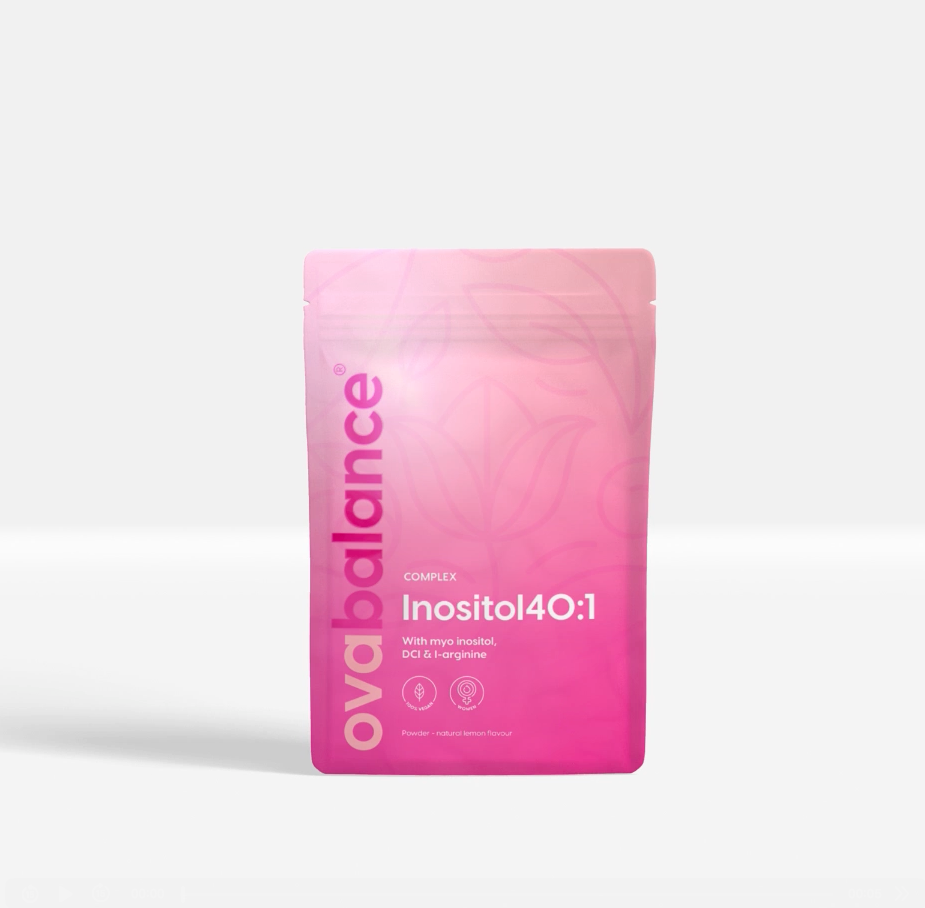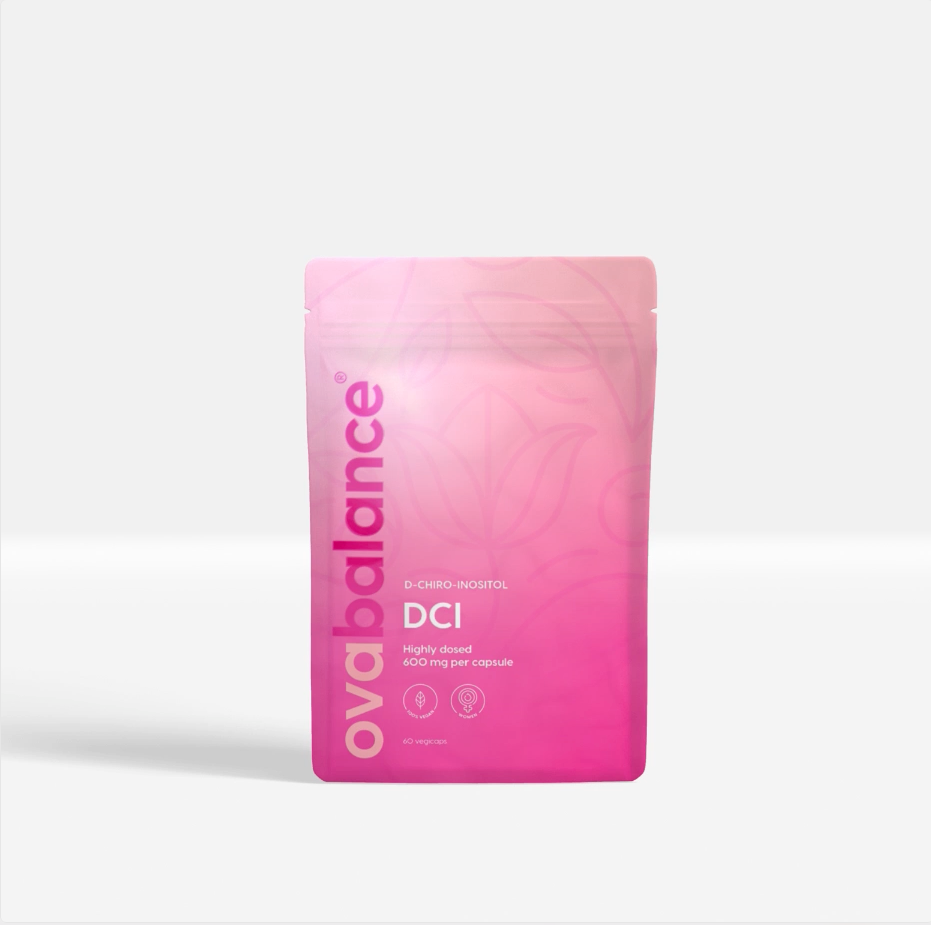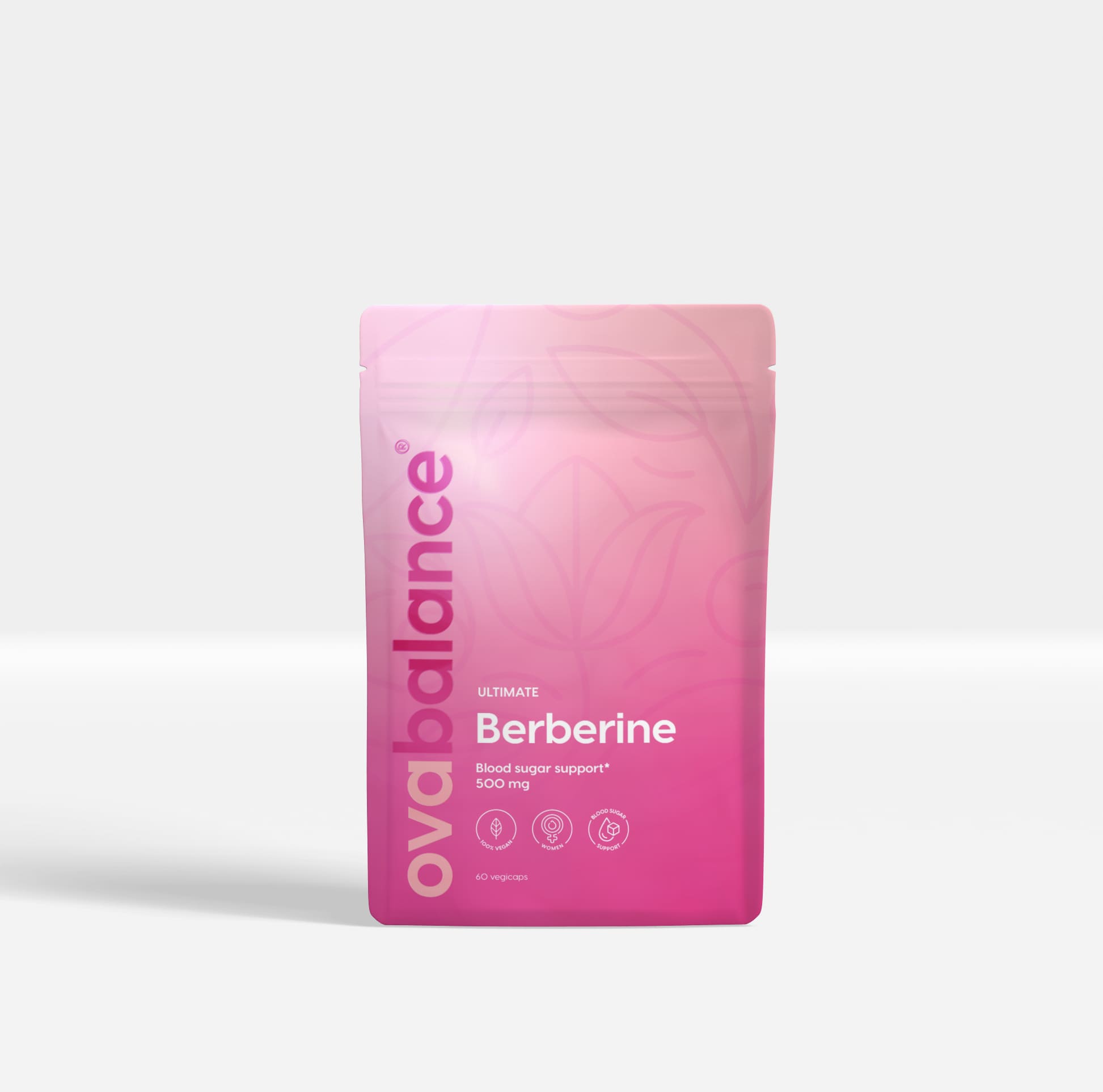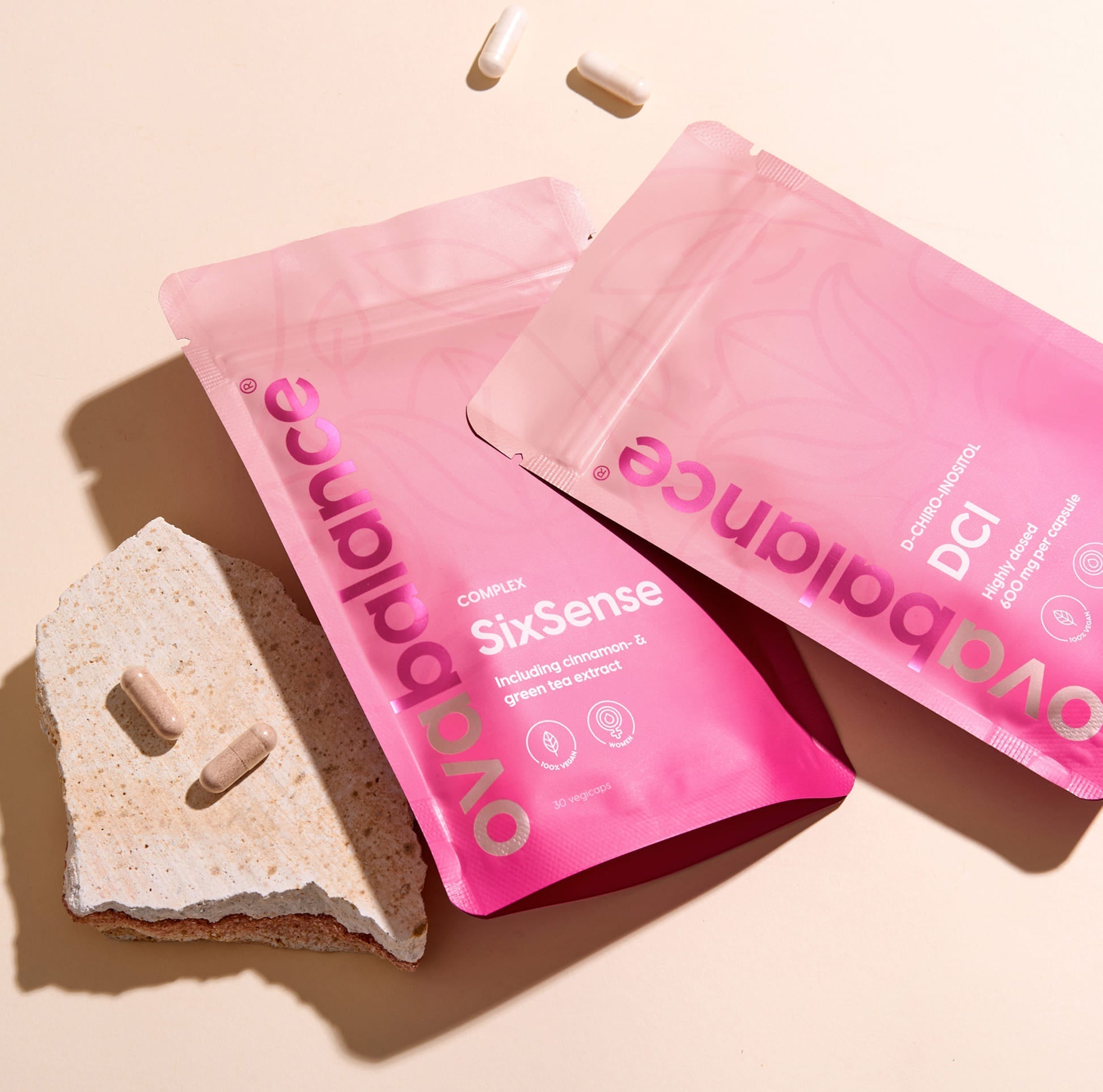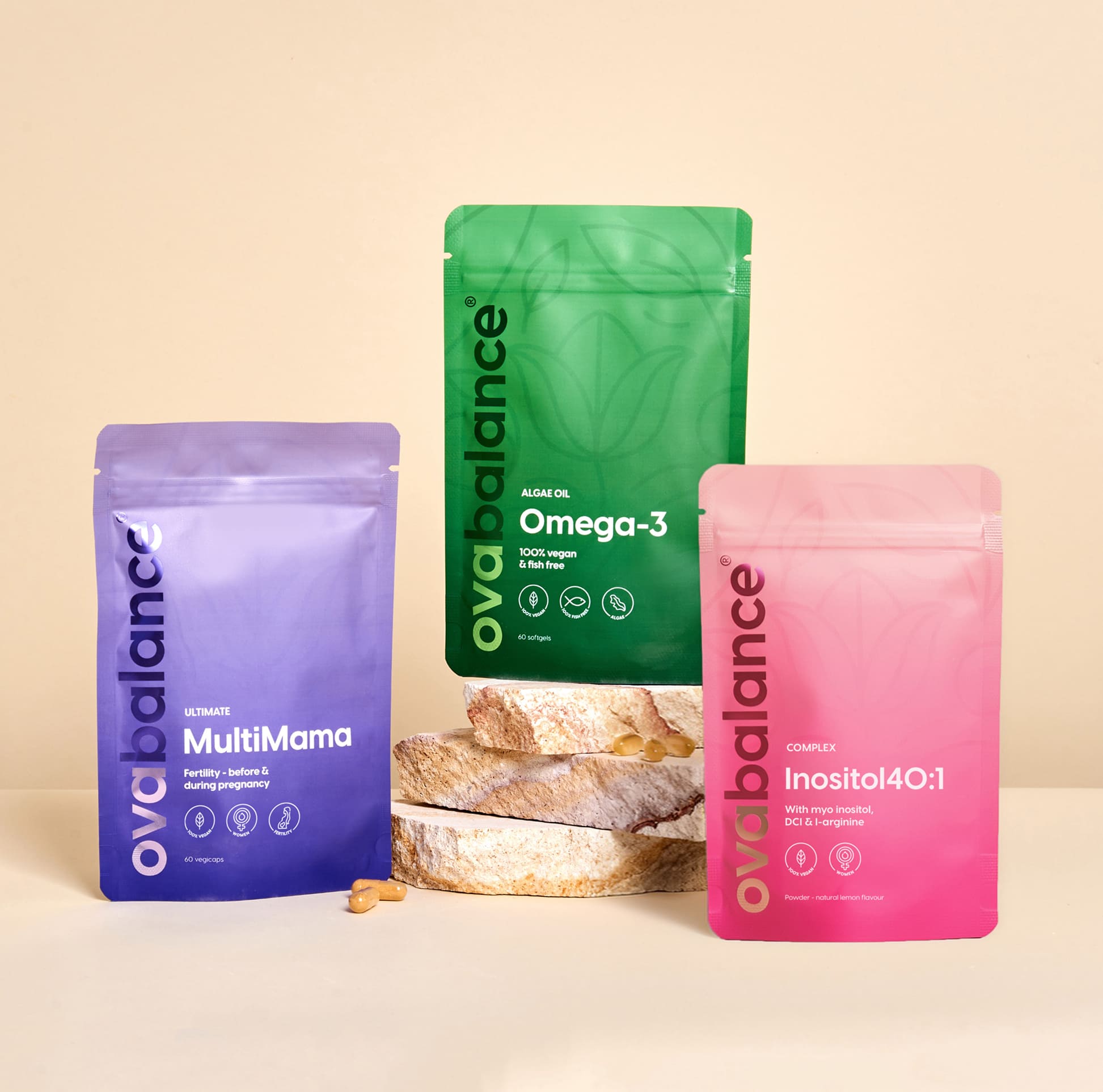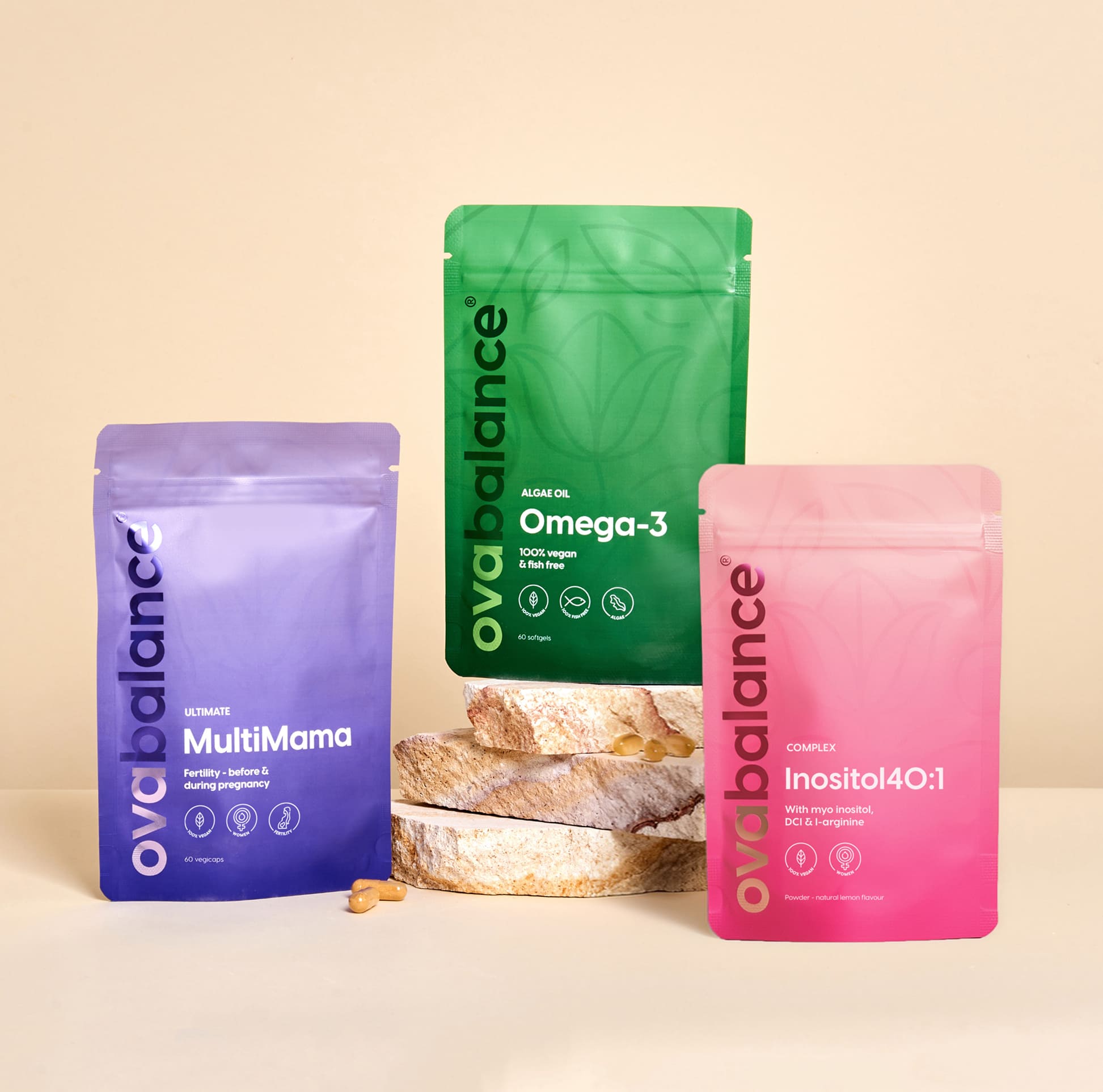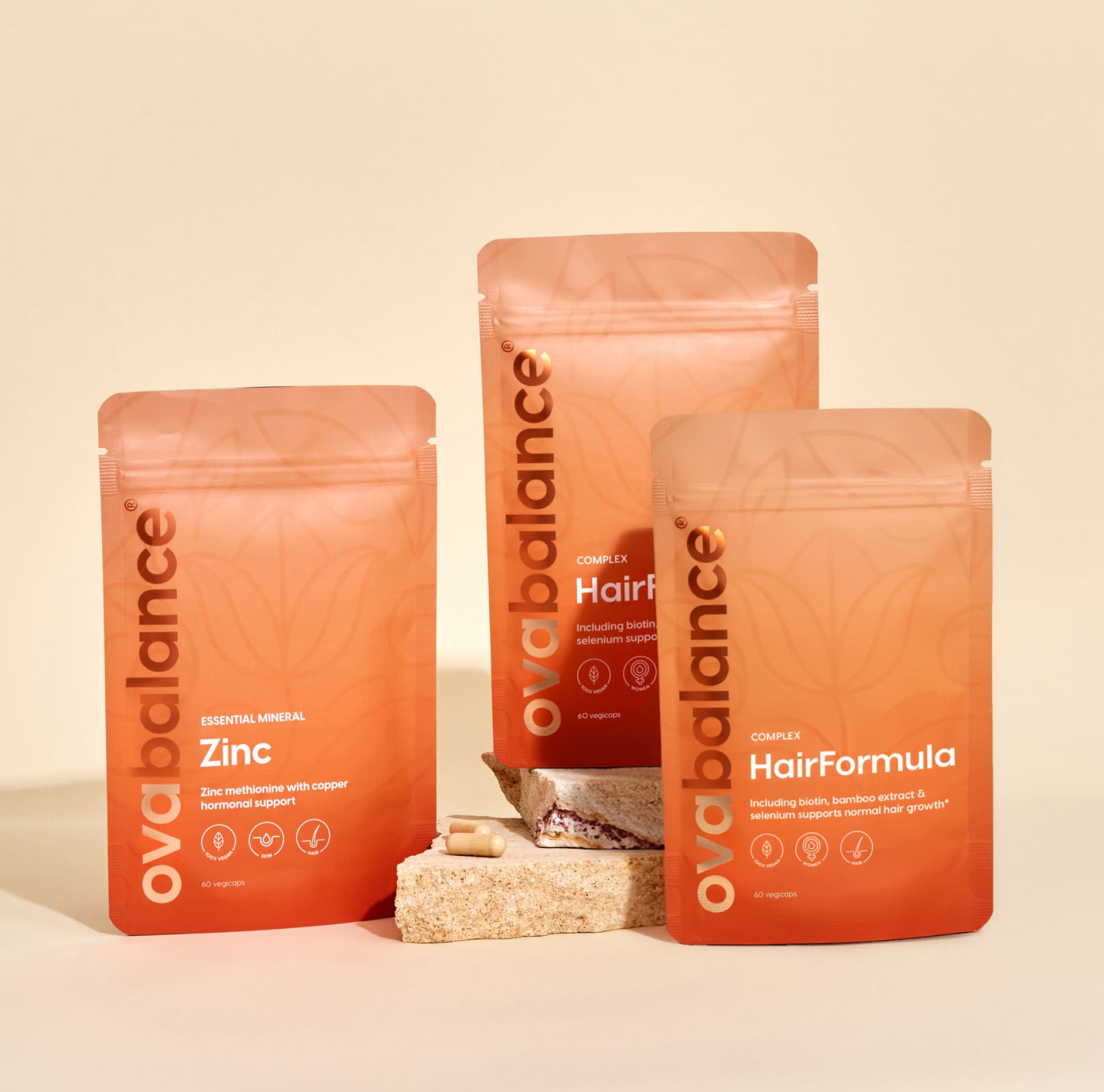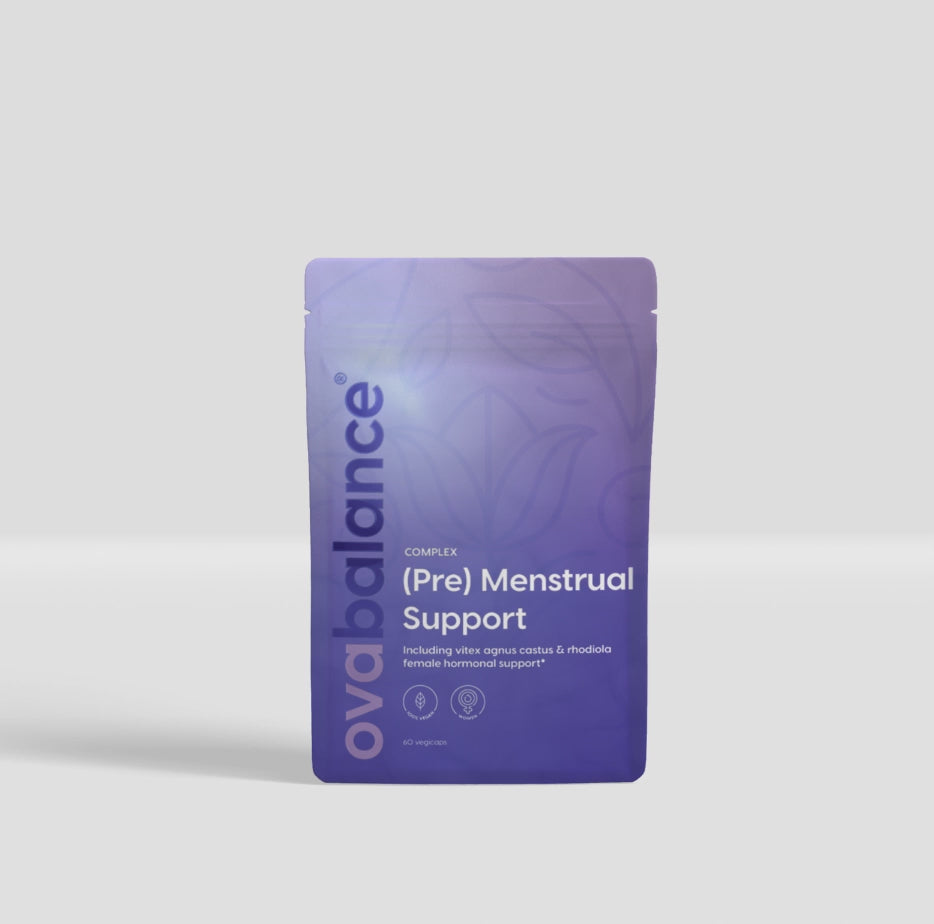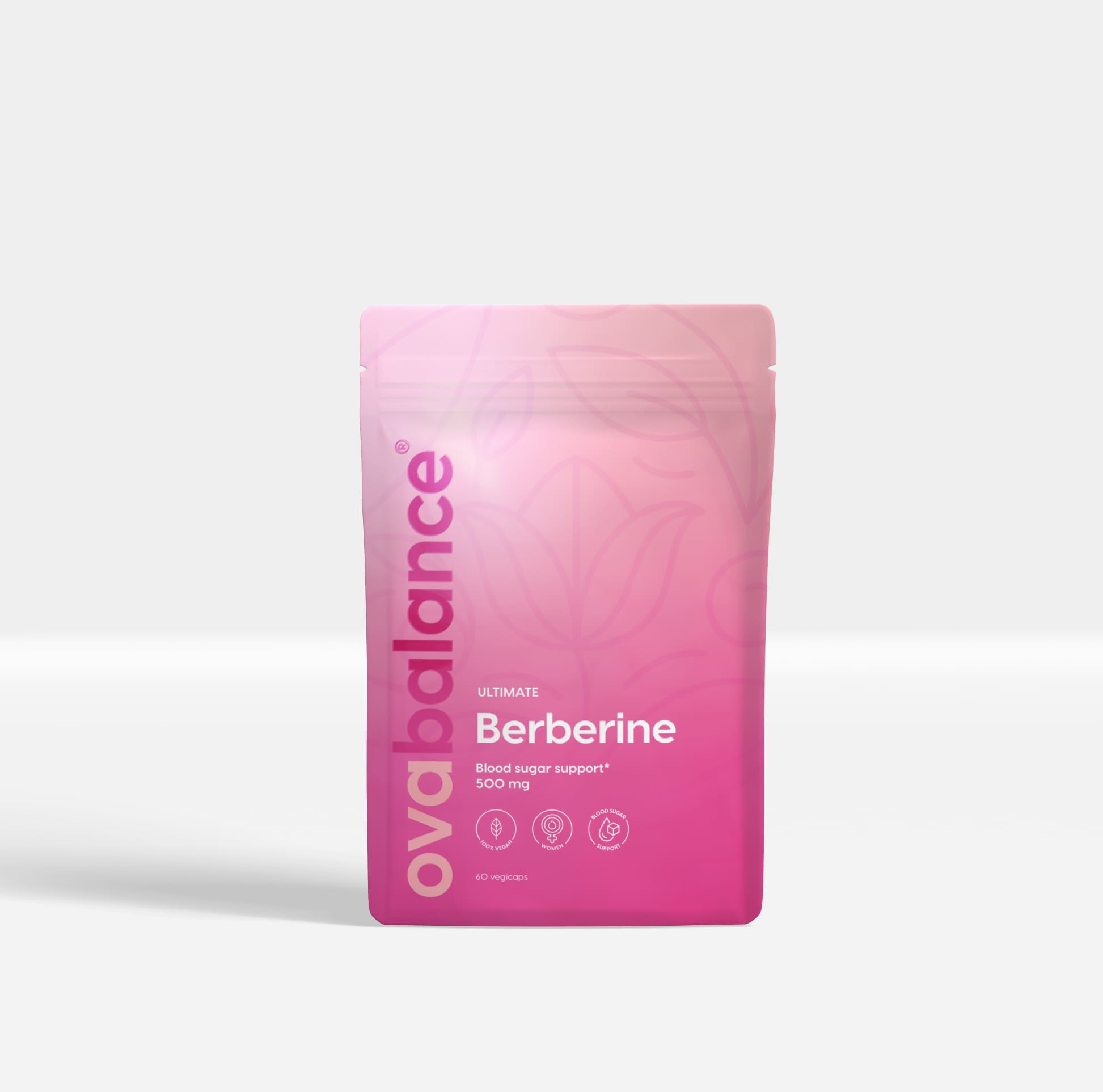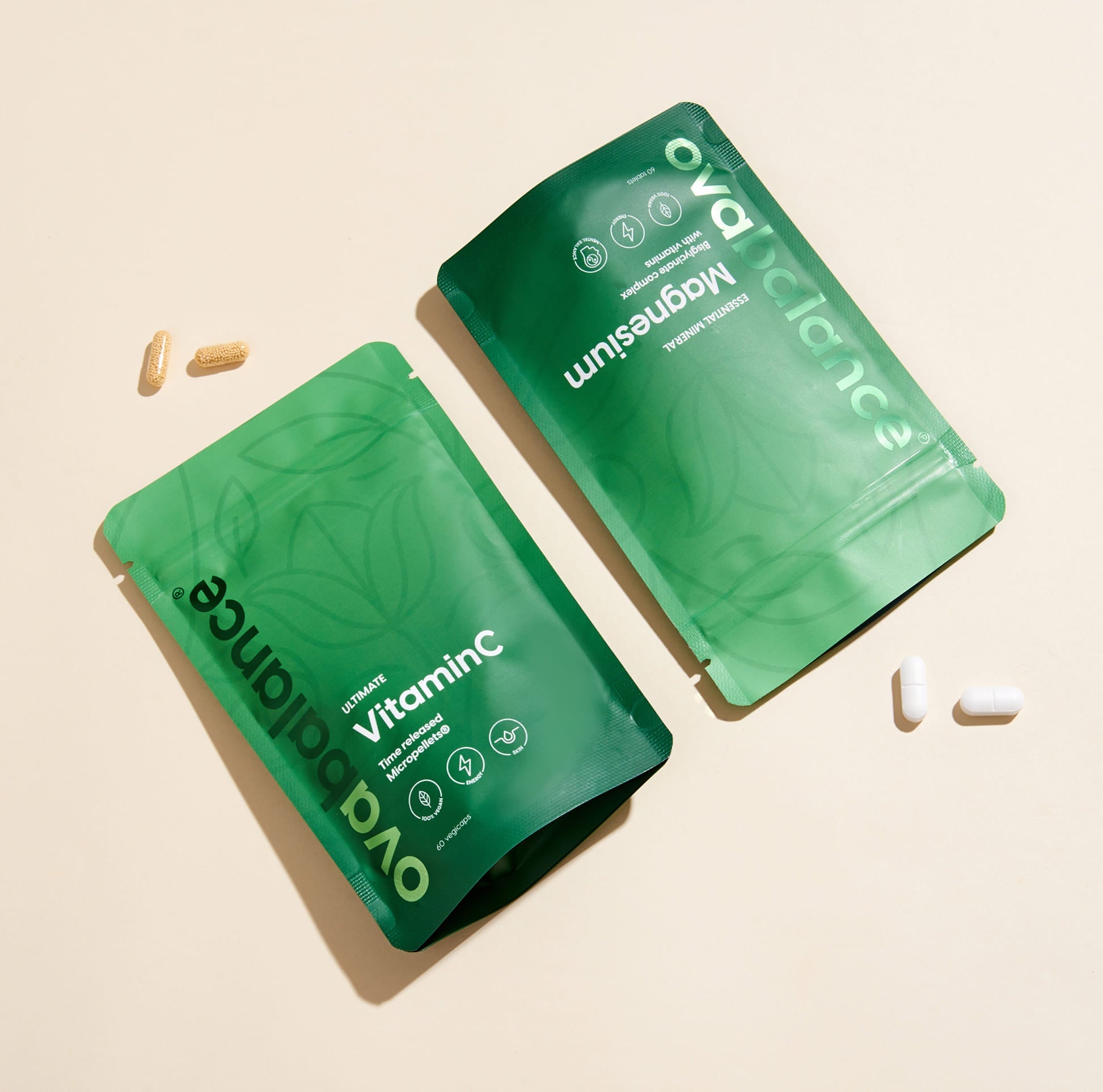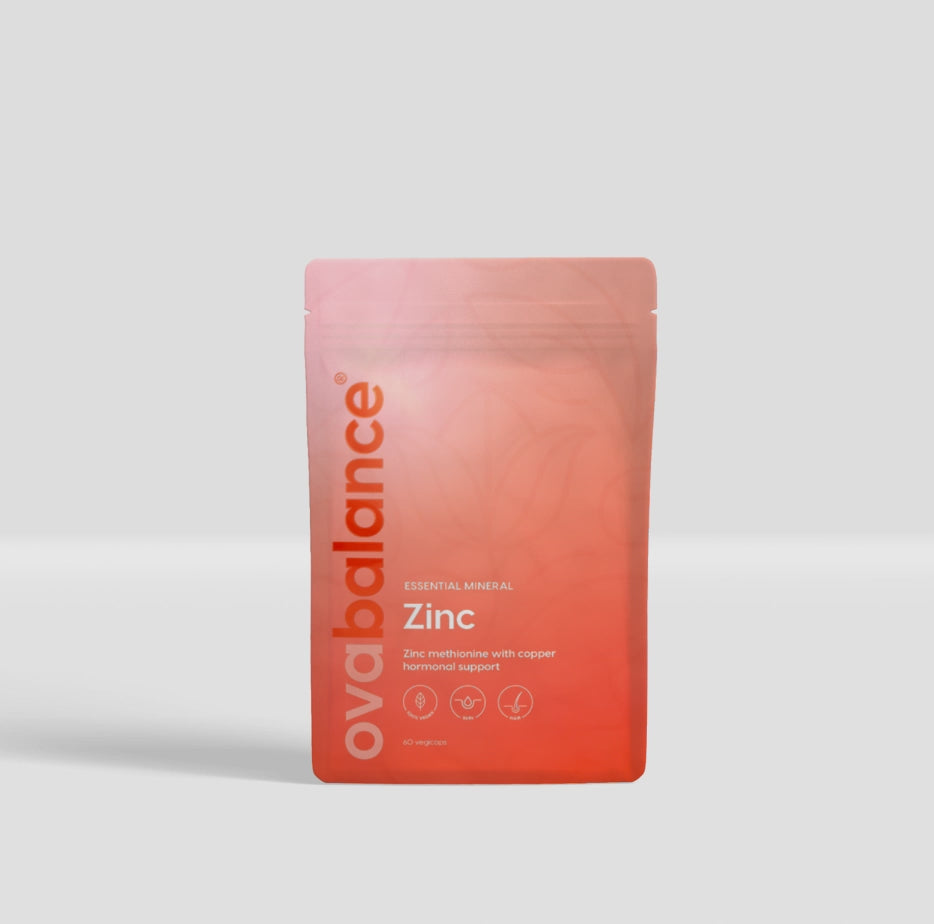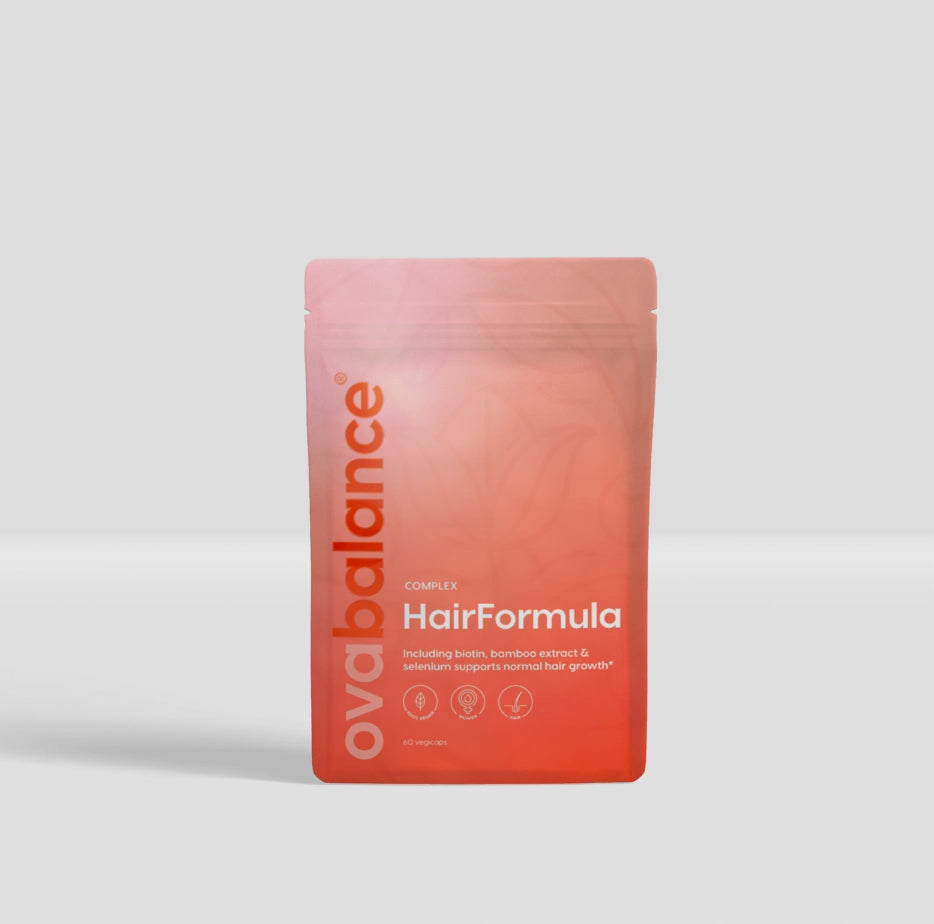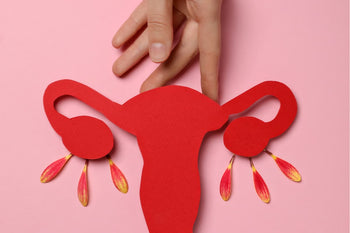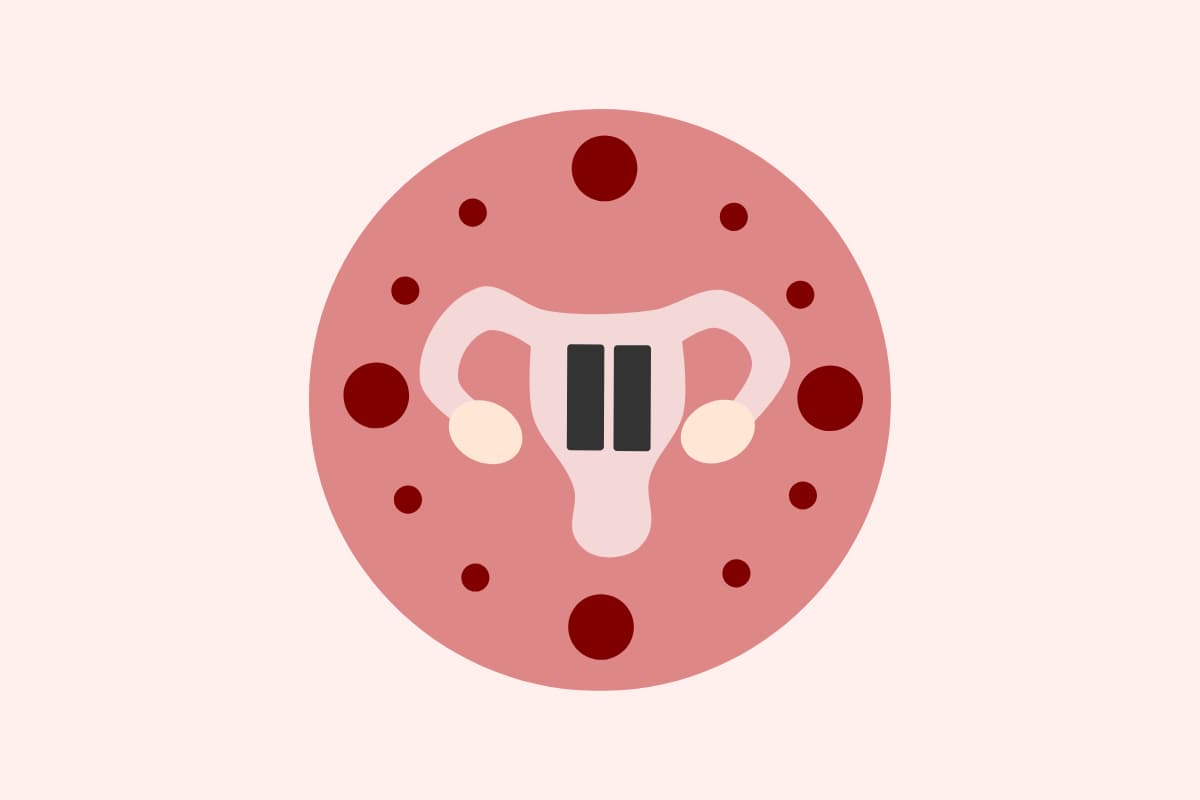

The last period of your life is called menopause. The period around this is the transition. During this period your body goes through a lot of hormonal changes and your menstrual cycle changes until you reach the last period, or menopause.
Read this article to find out what menopause is exactly. What the difference is with the transition. What symptoms you can have and how to deal with them.
Contents
What is the difference between menopause and menopause?
Menopause is the phase of life in which the ovaries gradually stop producing the female hormone estrogen. This phase lasts for an average of 5 to 10 years, but it can be longer or shorter. Somewhere in the middle of this period in your life, which we call menopause, occurs . Menopause is the moment when you have your last menstrual period.
So the difference between menopause and perimenopause is that perimenopause is a phase of life, unlike menopause, which is a snapshot. When you haven’t had a period for at least a year, you know you’ve reached menopause. And that your last period was your last.
You can read more about the transition period and the different phases you go through in the article The phases of the transition explained >>.
How does menopause occur?
The transition begins when the maturation of egg cells becomes less regular. The number of egg cells decreases and fewer reach maturity.
At birth, all your eggs are already in your ovaries. Every month, an egg matures and ovulation occurs. This is called ovulation. The days around ovulation are the fertile period. When the supply of eggs is almost depleted, fewer eggs mature and menopause begins.
Less estrogen
Because no more mature eggs are released from the ovaries, your body produces less of the female hormone estrogen. This causes the lining of the uterus to grow faster or slower, which means you get your period more or less often.
The decreasing production of the hormones estrogen and progesterone affects your body. For example, it disrupts heat regulation, causing hot flashes. And it affects your heart, bones and breasts.
The depletion or non-maturation of the eggs causes hormonal changes which in turn cause your menstrual cycle to change, eventually leading to the last period, also known as menopause.
The end of fertility
You are no longer fertile once the maturation of eggs stops. After the menopause you are therefore infertile. Because you only know for sure that it was the menopause 12 months after your last period, it is wise to use contraceptives until then.
The symptoms of menopause
The first symptom of menopause is often a change in your menstrual pattern: your periods become more irregular. For example, there is more time between periods or periods follow each other more quickly. It is also possible that you lose more blood than normal during your period, possibly with clots.
Discomforts during menopause
Although menopause is a natural process, a large proportion of women experience symptoms during this period. In addition to changes in the menstrual cycle, hot flashes and mood swings are common symptoms during menopause.
With a hot flash you suddenly feel very warm, your face and neck turn red and you start to sweat. Hot flashes are caused by the decreased production of estrogen, which sometimes causes the heat regulation of your body to be a bit confused.
For useful tips during the menopause, read the article “ What to do about menopausal symptoms? ”.
At what age does menopause occur?
On average, a woman reaches menopause when she is 51 years old. Depending on when the menopause begins, menopause can be earlier or later. The menopause is the period around menopause and begins for most women between the ages of 40 and 60. This period in which your body searches for a new balance, lasts about 5 to 10 years in total.
Going through menopause before the age of 40 is less common, but it still happens to 1 in 100 women. This is called premature menopause. Premature menopause can have an identifiable cause, such as a hereditary condition, medical treatment or removal of the ovaries. However, in most cases there is no clearly identifiable cause of premature menopause.
Support during menopause
Menopause is a difficult period for most women, due to the hormonal changes in the body. Especially if you suffer a lot from discomforts such as hot flashes or mood swings, menopause affects your daily life in an unpleasant way.
There are a number of things you can do to reduce the symptoms. Of course, you can always consult with your GP to find a suitable solution that works for you. You can also support your body with natural supplements. The menopause supplements from OvaBalance help you with discomfort during the menopause.
For example, you choose the Menopause Advantage Bundle . The bundle contains a herbal supplement that supports hot flashes, vitamin D3 and K2, and Omega 3. Another nice product during the menopause is the Menopause Comfort Tea with sage, among other things.
Want to learn more about menopause?
Want to learn more about menopause and transition? Then books like The Hormone Revolution or Hormone Balance For Women will help you on your way.

